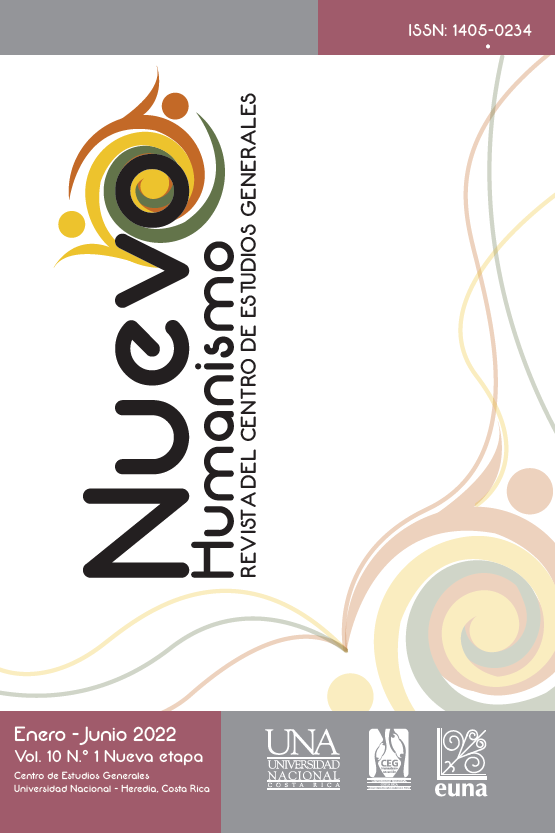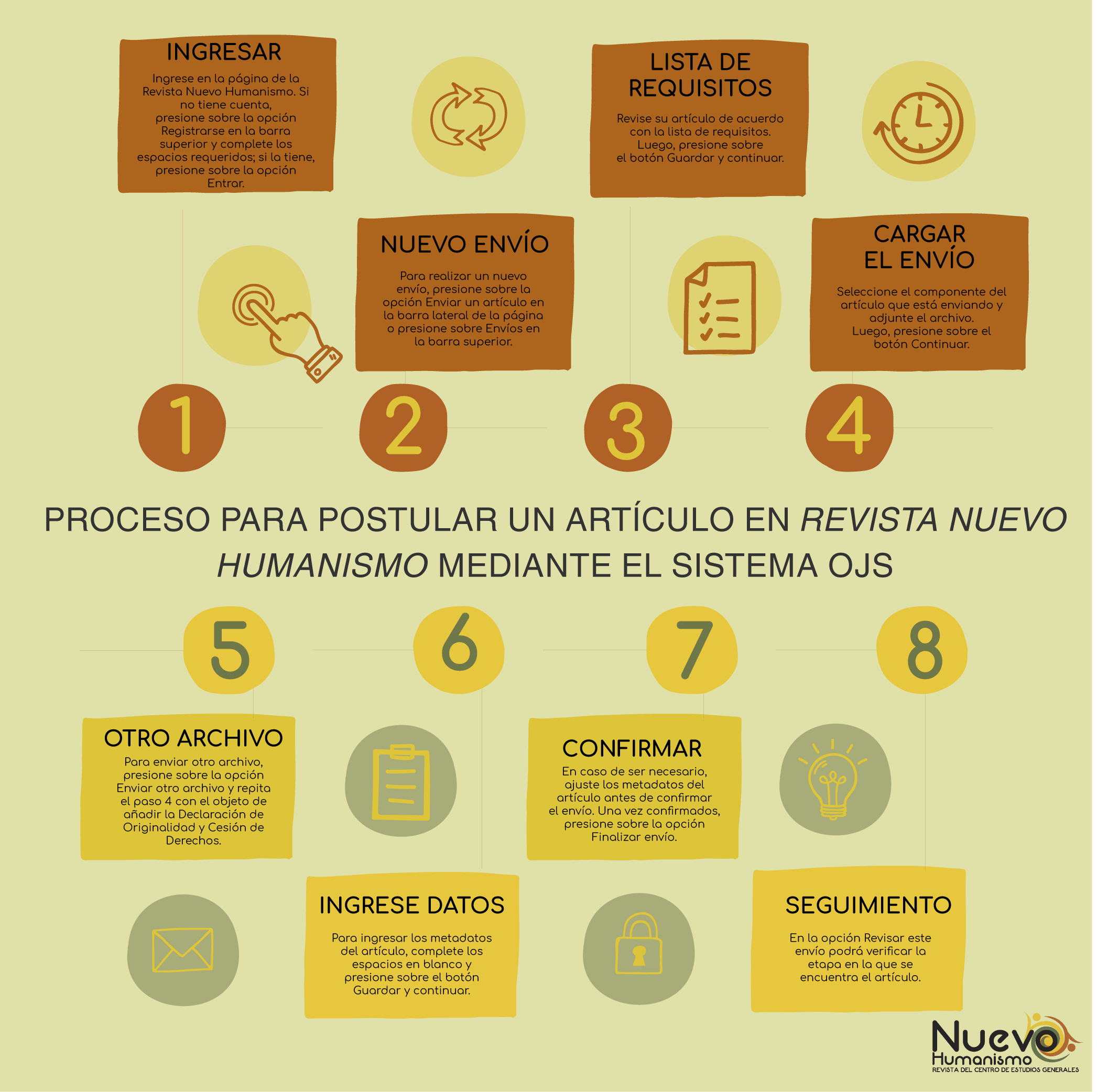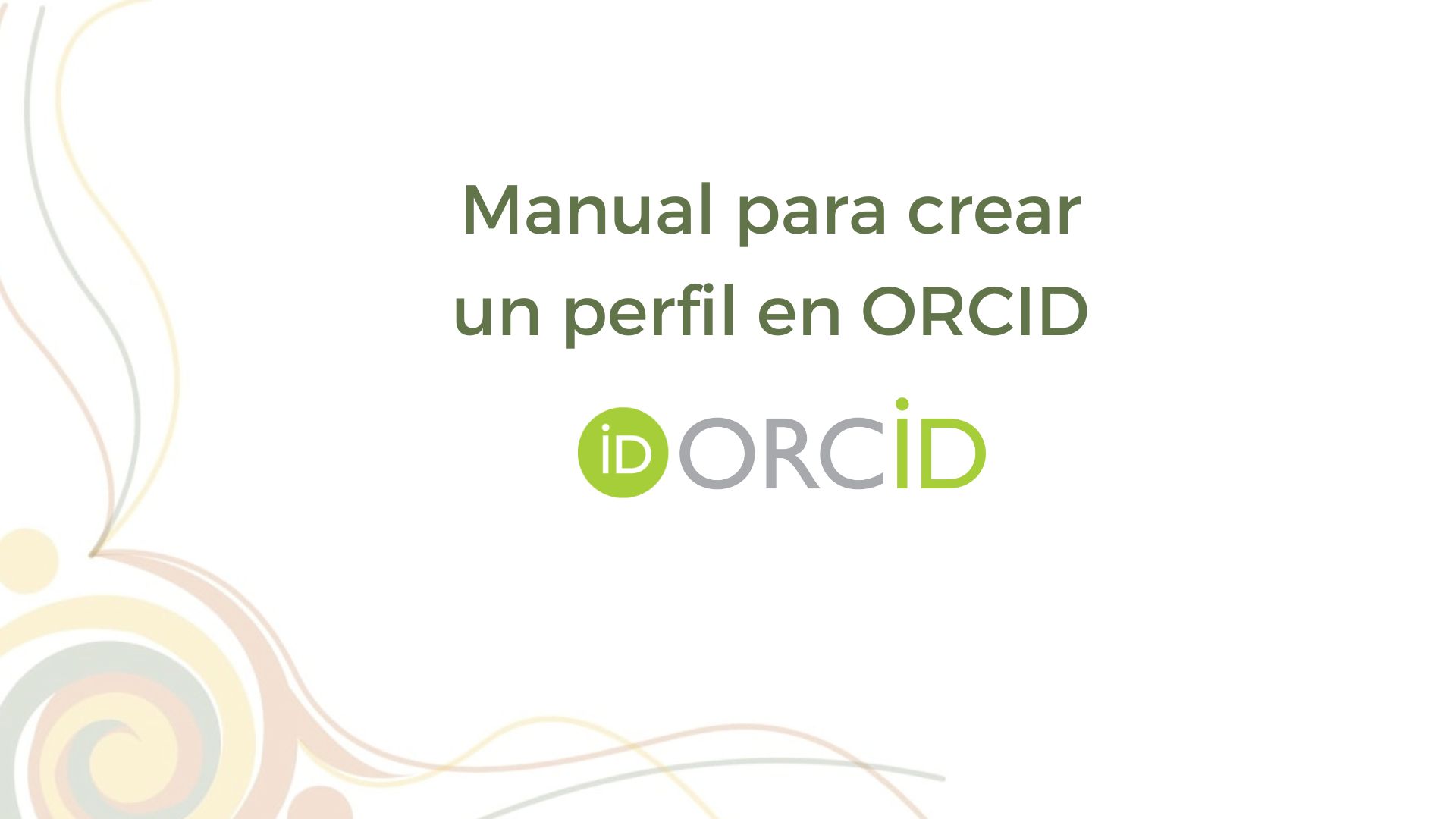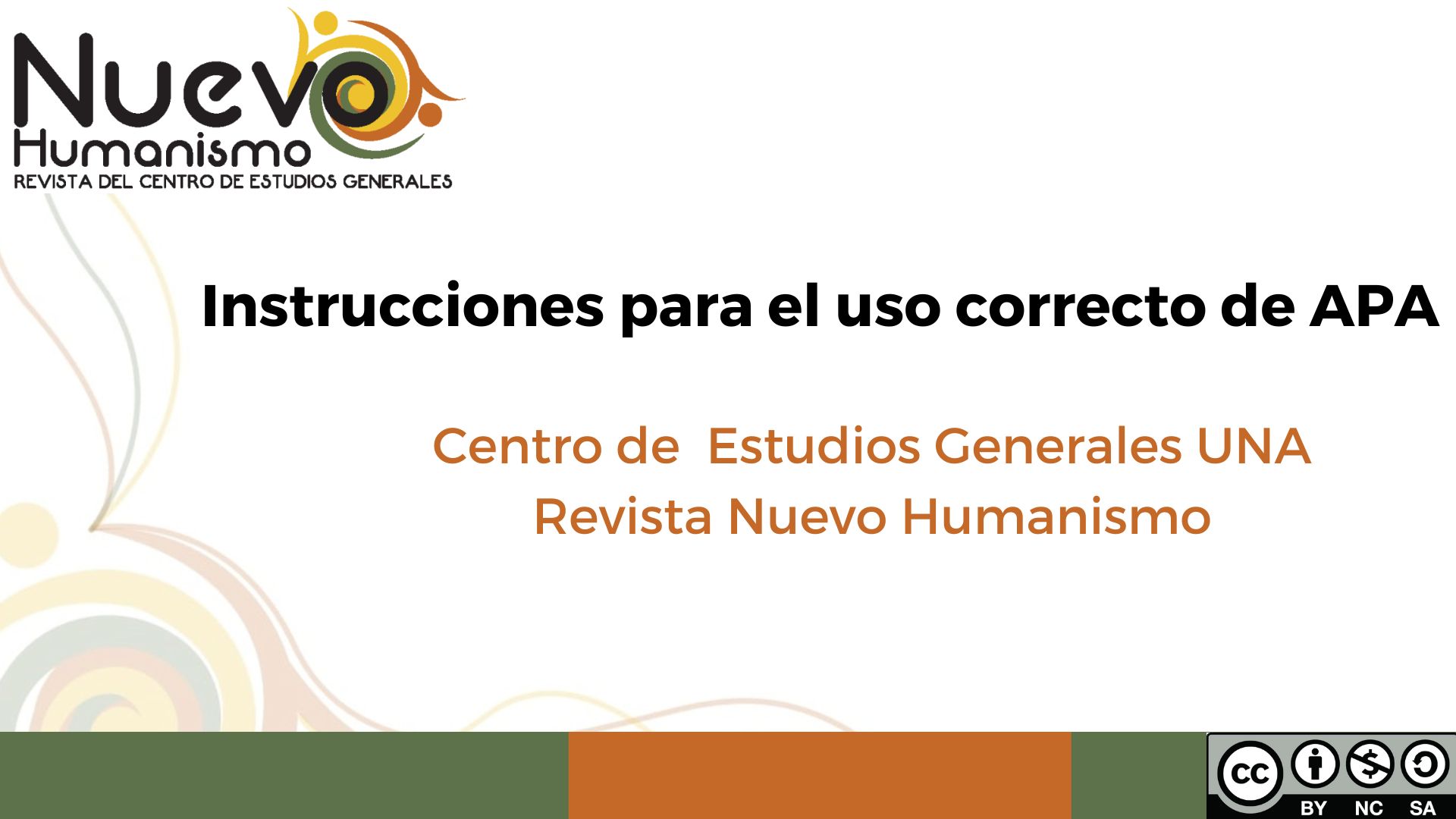Ill-Child Siblings: The Eternal Forgotten. Consequences Of This Experience In The Adulthood
DOI:
https://doi.org/10.15359/rnh.10-1.1Keywords:
Siblings, palliative care, consequences, sickness, adulthoodAbstract
The objective of this research was to establish whether there are repercussions in adulthood after having experienced the palliative care disease process of a minor sibling during childhood or adolescence. The study follows a qualitative approach, a systematic design in grounded theory, and a typical case sample of four adults and two specialists in the subject. Both positive and negative effects were identified. Greater sensitivity to human pain, ease of empathy, and independence when making decisions were among the positive repercussions. The negative ones included fear of being vulnerable, difficulty relating to their parents, high-risk behaviors, among others.
References
Ávila, J. (2013). ¿Qué son los cuidados paliativos? www.innsz.mx/opencms/contenido/investigacion/comiteEtica/cuidadosPaliati vos.htm
Cadarso, V. (2013). Abraza a tu niño interior: Nunca es tarde para sanar tu infancia. (1 Ed.). España: E pub.
Cueto, C. (2010). El niño en fase terminal “Atención y apoyo que requiere en este proceso”. (Tesina en Tanatología). Asociación Mexicana de Tanatología, México: D. F. http://www.tanatologia- amtac.com/descargas/tesinas/23%20El%20ni no%20en%20fas e%20terminal.pdf
Díaz, P. (2016). Hablemos de duelo. Manual práctico para abordar la muerte con niños y adolescentes. (1 Ed.). España: Fundación Mario Losantos del Campo.
Echeverría, L. (s. f.). Redes de apoyo. http://estarbien.ibero .mx/?page_id=114
Espinoza, N., Zapata, C. y Mejía, L. (2017). Conspiración de silencio: una barrera en la comunicación médico, paciente y familia. Rev Neuropsiquiatr, 80 (2), 125-136.
Garvich, M. (2009). ¡Pórtate bien!: Encuentro con nuestro niño interior. (5 Ed.). San José, Costa Rica: Atabal.
Hernández, R., Fernández, C. y Baptista, P. (2010). Metodología de la investigación. (5 Ed.). México: McGraw-Hill.
Janssen. (2021). Enfermedad de Niemann-Pick-C. https://www.janssen.com/argentina/enfermedad-de-niemann-pick-c#:~:text=La%20enfermedad%20de%20Niemann%2DPick,el%20interior%20de%20las%20c%C3%A9lulas
Llorens, A., Mirapeix, R. y López-Fando, T. (2009). Hermanos de niños con cáncer: resultado de una intervención psicoterapéutica. PSICOONCOLOGÍA, 6 (2-3), 469-483.
Medline Plus. (2021). Anemia aplásica idiopática. https://medlineplus.gov/spanish/ency/article/000554.htm#:~:text=La%20anemia%20apl%C3%A1sica%20idiop%C3%A1tica%20es,producir%20c%C3%A9lulas%20sangu%C3%ADneas%20y%20plaquetas.
Morales, A., Oviedo, S. y Segura, D. (2013). Afrontamiento del diagnóstico de muerte por parte de acompañantes de niñas(os) con cáncer terminal. Revista Humanitas de la Universidad Católica de Costa Rica, edición extraordinaria, 92-111. http://rhumanitas.ucatolica.ac.cr/Articulos/Index/35
Santisteban, I. (s. f.). La participación de la familia en la agonía y tras el fallecimiento del paciente. https://docplayer.es/21309970-La-participacion-de-la-familia-en-la-agonia-y-tras-el-fallecimiento-del-paciente-inigo-santisteban-etxeburu.html
Scholbach, T. (s.f.). Síndrome de la línea media (síndrome de congestión de la línea media). https://scholbach.de/es/wissenschaft/deutsch-ultraschalldiagnostik/deutsch-gefaskompressionen/mittelliniensyndrom-mittellinien-stauungs-syndrom#gsc.tab=0
Universidad Nacional. Centro de Estudios Generales. (2015). Bienvenida. https://www.ceg.una.ac.cr/











